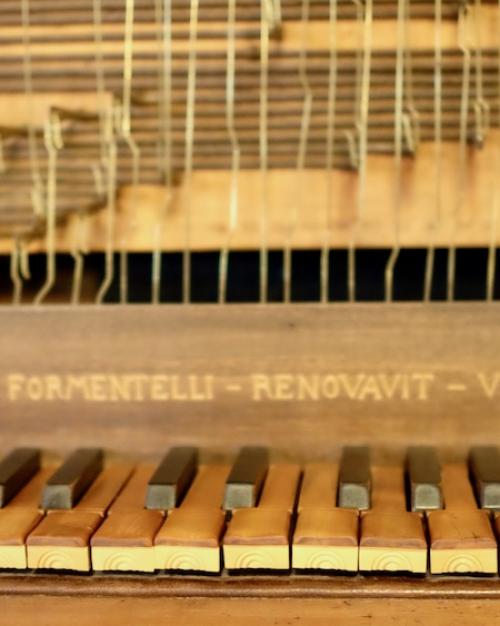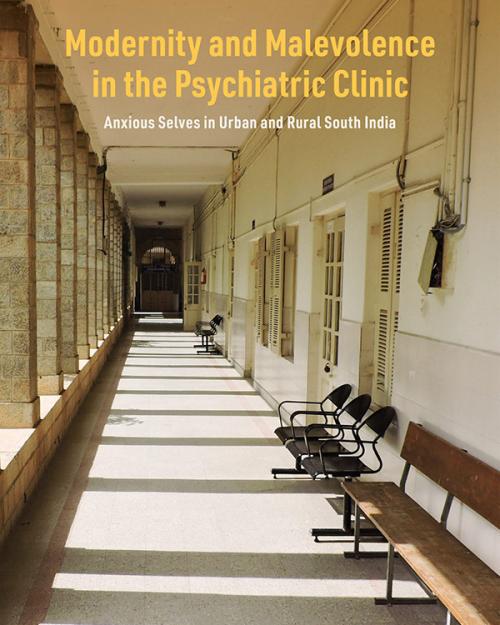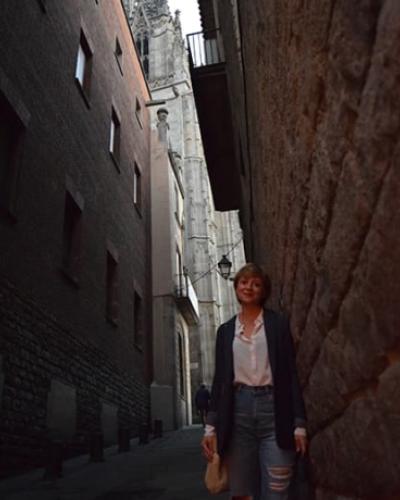At the end of 2014, a detention center was opened in a small town in South Texas with the intent to house asylum-seeking mothers and their children as they entered into initial legal proceedings. This facility is officially known as the South Texas Family Residential Center and is presently the largest immigrant detention center in the U.S. I first visited it in August of 2015 as a volunteer with a group that provides free legal services to the detained moms and kids. This center and another nearby facility which is similarly serviced by pro bono legal aid workers, called the Karnes County Residential Center, are known as “family” detention centers, and they became the loci of my dissertation research. From 2015 to the present, I’ve worked as a voluntary legal assistant with these pro bono teams as I’ve conducted ethnographic research with them.
My dissertation, entitled Frontiers of Care: Advocacy and Competition in U.S. Family Detention, focuses on the daily work and experiences of family detention spaces from the perspective of the legal advocates with whom I volunteered. From July 2016 to July 2017, I conducted 150 interviews with these individuals while living in South Texas. These advocates come from a variety of backgrounds—including lawyers, students, journalists, doctors, and multilingual interpreters—and assist the detainees in the navigation of both a legal process and a carceral environment that are complex, isolating, and traumatizing. Naturally, my research addresses questions of care, authority, and control, asking: Where do the boundaries of “care”, legal or otherwise, lie in a place such as this, and how does care become a nexus for both reification and contestation of abjection?
Erin Routon is Ph.D. Candidate in the Department of at Cornell University. A native Texan, she received her B.A. in English from the University of Hawaii–Hilo in 2006 and her M.A. in Religious Studies at the University of California–Riverside in 2013 before arriving at Cornell. Her master’s research concentrated on migrant material culture and religious aid and activist organizations in the Mexico-U.S. borderlands, principally in Southern California and Arizona.





